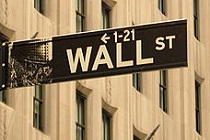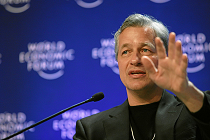U.S. economy: The have-nots said so
Following the 2008 mortgage crash, the U.S. Federal Reserve Board implemented a quantitative easing policy – to stabilise the banks, and rejuvenate the economic environment. Although this strategy has brought some respite, it has done so without creating many new jobs for Americans.










